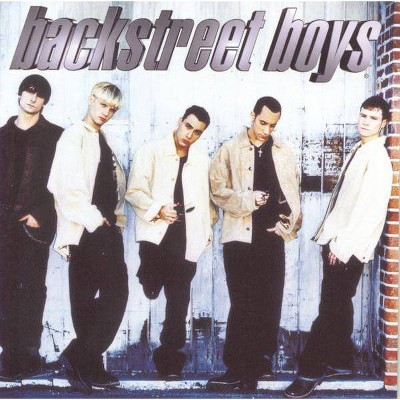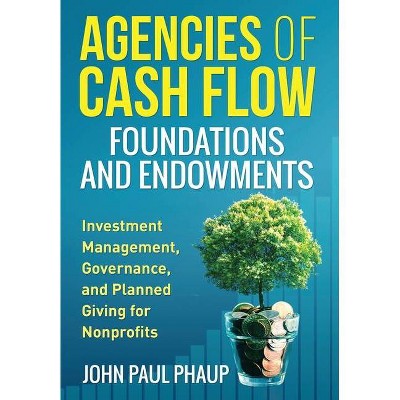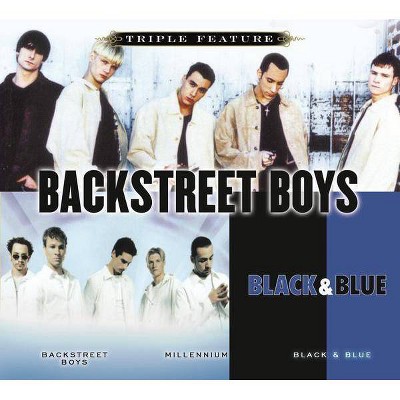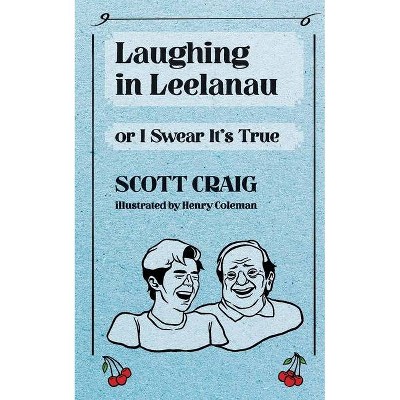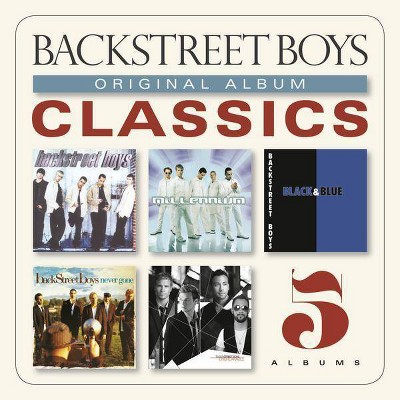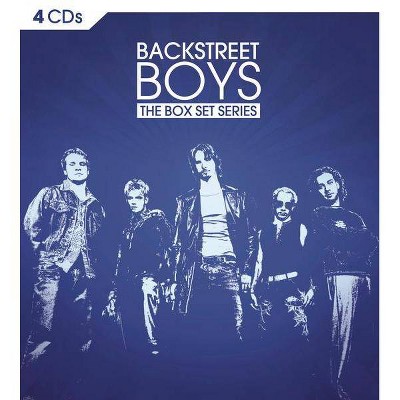Anonymous Agencies, Backstreet Businesses, and Covert Collectives - by Craig Scott (Hardcover)
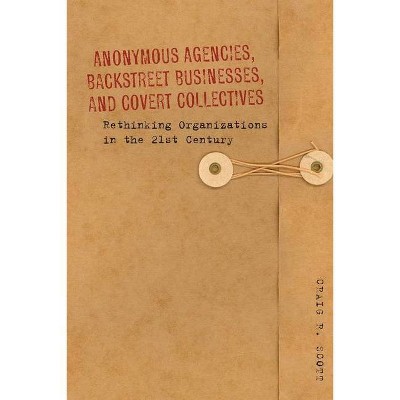
Similar Products
Products of same category from the store
AllProduct info
<p/><br></br><p><b> About the Book </b></p></br></br>This book builds a new framework for describing and understanding hidden organizations. It identifies eight regions where organizations operate--based on dimensions of organizational visibility, member identification, and relevant audience--ultimately grouping organizations into four categories: transparent, shaded, shadowed, and dark.<p/><br></br><p><b> Book Synopsis </b></p></br></br>This book builds a new framework for describing and understanding hidden organizations. It identifies eight regions where organizations operate-based on dimensions of organizational visibility, member identification, and relevant audience-ultimately grouping organizations into four categories: transparent, shaded, shadowed, and dark.<p/><br></br><p><b> Review Quotes </b></p></br></br><br>As Scott's title suggests, in the twenty-first century, the action in organizational innovation and evolution seems unlikely to take place in an organizational form designed for a different time, technology, and public temperament. <i>Anonymous Agencies</i> opens a window to our collective understanding of one place where that action is likely to occur: within the set of organizations that, for whatever reason, choose to operate in the shadows of social life.--Paul Godfrey "<i>Administrative Science Quarterly</i>"<br><br>Drawing on his life-long interest in opaque organizations, Craig Scott combines the best of academic research and engaging writing to provide a rich, thoughtful, and thought-provoking examination of 'hidden' organizations. His topic is both timely and timeless, as backstreet businesses promise to become increasingly important in our world.--Paul Godfrey "Brigham Young University"<br><br>Organizational identity is commonly seen by organizational communication scholars as offering distinct survival advantages. But is that really true? Nature offers alternative models such as the predatory wolf who survives by passing himself off as a harmless sheep--the proverbial 'wolf in sheep's clothing.' Scott calls on us to challenge the dominant assumption that a distinct identity is a key advantage, and takes us on an enlightening tour of a variety of organizations that benefit from being more or less hidden. As you immerse yourself in this must-read treatise, you will come away intrigued, challenged, and ultimately motivated to explore the controversial fringes where hidden organizations reside.--Janet Fulk "University of Southern California"<br><br>Scott's analysis of organizational visibility, secrecy, and identity extends the horizons of our understanding about the types and behaviors of organizations in today's world. To play on the central theme of the work, I find the book <i>illuminating</i>.--George Cheney "Kent State University"<br><br>Scott's engaging examination of hidden organizations makes a vivid argument that established ideas about organizations and their public communication do not apply uniformly. This is an important contribution demonstrating to organizational communication students and researchers that there's more to the organizational landscape than meets the eye.--Tracy Russo "University of Kansas"<br><p/><br></br><p><b> About the Author </b></p></br></br>Craig R. Scott is Professor of Organizational Communication in the School of Communication & Information at Rutgers University.
Price History
Price Archive shows prices from various stores, lets you see history and find the cheapest. There is no actual sale on the website. For all support, inquiry and suggestion messagescommunication@pricearchive.us

